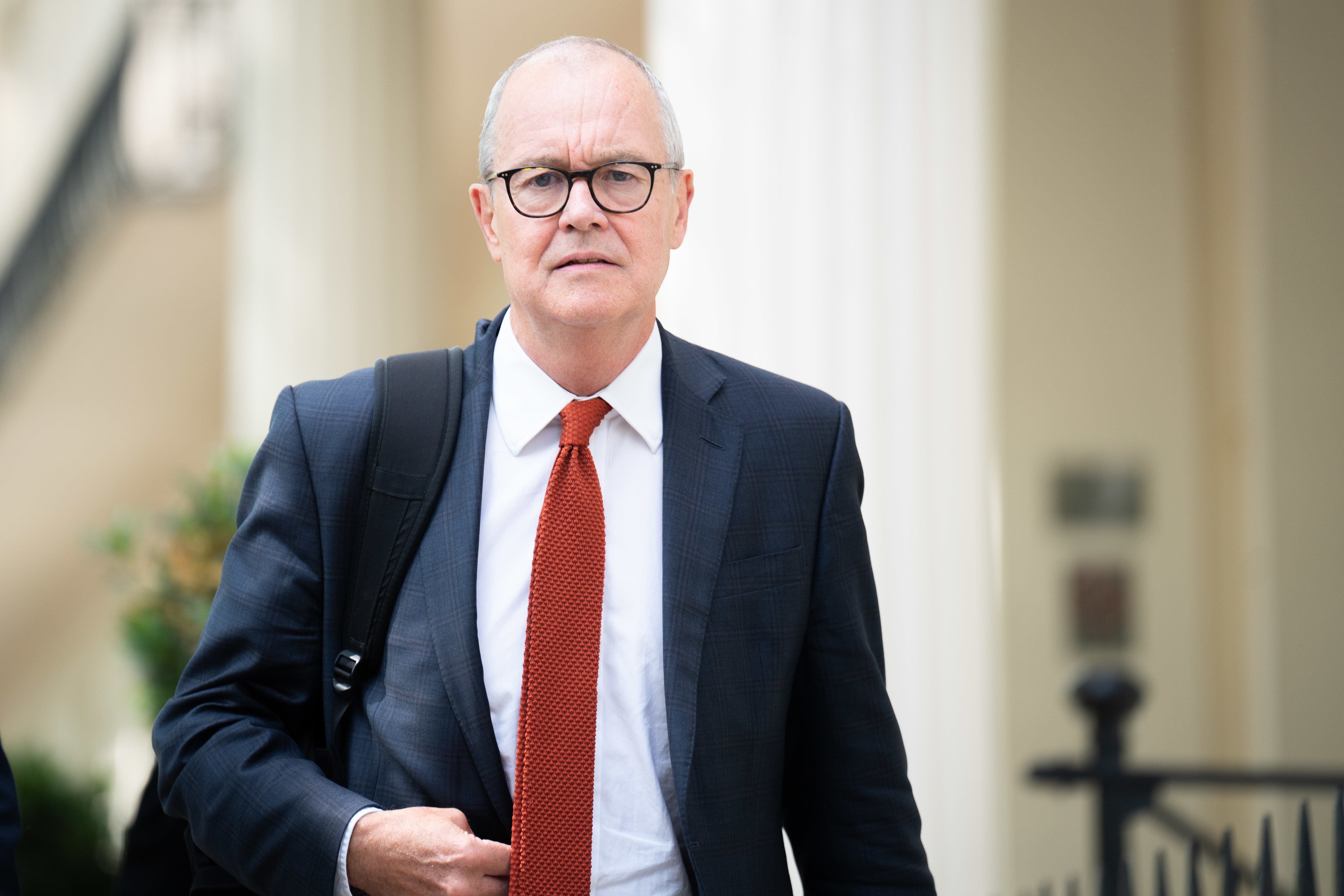Full release of Sir Patrick Vallance’s diary entries would ‘breach human rights’
The former chief scientific adviser described his diary, or evening notes, as ‘a brain dump’, his lawyer Matthew Hill said.

The full release of Sir Patrick Vallance’s diary entries to the UK Covid-19 Inquiry would breach his human rights, it has been claimed.
The former chief scientific adviser described his diary, or evening notes, as “a brain dump” written “at the end of immensely stressful days to protect his mental health”, his lawyer Matthew Hill said on Monday.
It comes as eight media organisations have joined together to make submissions to the inquiry calling for the entries to be shown in context as part of a full diary page.
The inquiry has previously heard extracts from Sir Patrick’s pandemic diary in which he wrote: “Number 10 chaos as usual.
They represent a snapshot of how he felt in the moment of writing them
“On Friday, the two-metre rule meeting made it abundantly clear that no-one in Number 10 or the Cabinet Office had really read or taken time to understand the science advice on two metres. Quite extraordinary.”
Sir Patrick also wrote in his diary about the Sage committee, the chief medical officer and himself “being used as human shields” by ministers.
Witnesses also complained about Boris Johnson’s inconsistent behaviour, which was “all over the place”.
Sir Patrick wrote: “As another person said, it’s so inconsistent, it’s like bipolar decision-making.”
Speaking at the inquiry, Mr Hill said: “They (the diary extracts) represent a snapshot of how he felt in the moment of writing them.
“He did not amend them if he changed his mind later, he made no attempts to correct them as and when he learnt new information.”
Mr Hill said that Sir Patrick described them in his own words as “a form of release” and his way of “creating some space for myself in what could have been an overwhelming situation”.
Sir Patrick’s notes were “never intended for publication”, Mr Hill said. And they would have remained unseen had it not been for a request by the inquiry, he added.
Mr Hill said the inquiry’s use of the notes amount to an interference in Sir Patrick’s right to private and family life under Article 8 of the European Convention of Human Rights and the common law.
He suggested that a new document should be created containing the “relevant extracts”.
Jude Bunting KC made submissions on behalf of the eight media organisations which include: Guardian News & Media Limited, Reach Plc, the BBC, ITN, Telegraph Media Group Limited, Associated Newspapers Limited, Times Media Limited, and News Group Newspapers Limited.
Mr Bunting said Sir Patrick “does not have a reasonable expectation of privacy in the redacted notes”.
He added: “They have been disclosed to the inquiry, judged to be ‘clearly relevant’, provided to all core participants, and repeatedly referenced in open hearings.”
Mr Bunting added that any “sensitive” aspect of the notes has been redacted.
Inquiry chairwoman Baroness Heather Hallett said she would reflect on the submissions and give her decision when she is ready to do so.
Bookmark popover
Removed from bookmarks